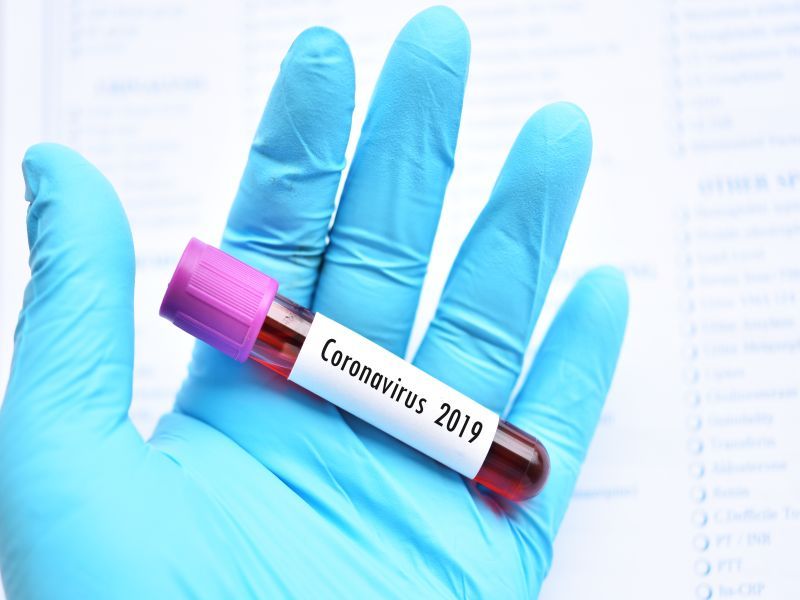Agency says variants, first identified in California, may be about 20 percent more transmissible
WEDNESDAY, March 17, 2021 (HealthDay News) — Two coronavirus strains first detected in California have been classified as “variants of concern” by the U.S. Centers for Disease Control and Prevention.
The agency said the variants may be about 20 percent more transmissible and that some COVID-19 treatments may be less effective against them, CNN reported. However, the CDC did not say that vaccines would be completely ineffective against the two strains. Currently, no coronavirus variants have been classified as a “variant of high consequence,” the highest threat level. That category would include variants shown to significantly reduce vaccine effectiveness.
Still, health officials are concerned that some antibody treatments may not work as well against the variants, which are officially called B.1.427 and B.1.429. Scientists have been monitoring the strains closely in California during the past few months. The U.S. Department of Health and Human Services (HHS) recently halted shipments of one COVID-19 antibody treatment to California, Nevada, and Arizona, where the variants are circulating widely, CNN reported.
Officials said that a COVID-19 therapy made by Eli Lilly, a combination of the drugs bamlanivimab and etesevimab, can still be ordered, and a different antibody treatment made by Regeneron Pharmaceuticals was also not affected by the HHS action.
CNN Article
Copyright © 2020 HealthDay. All rights reserved.








